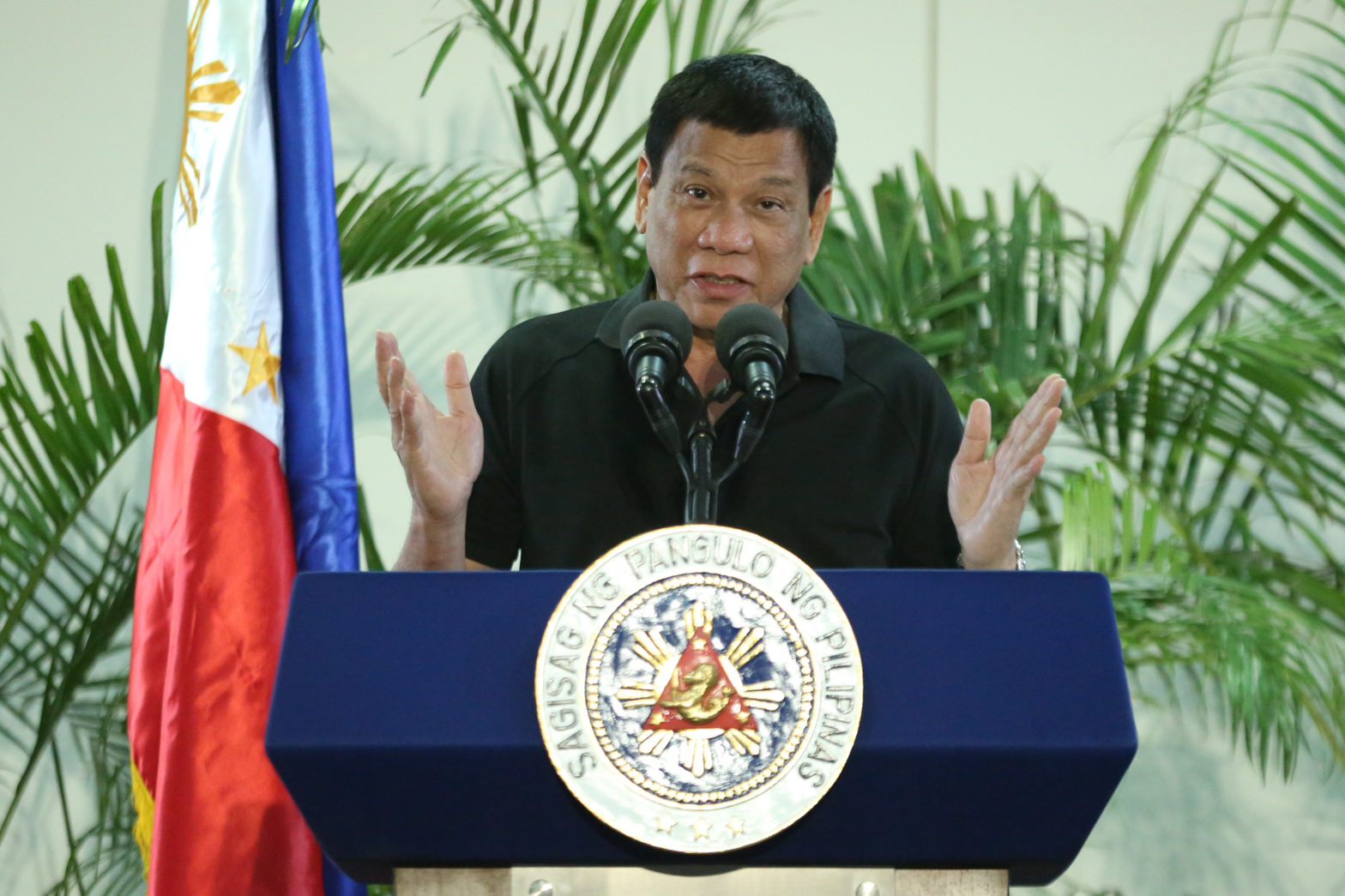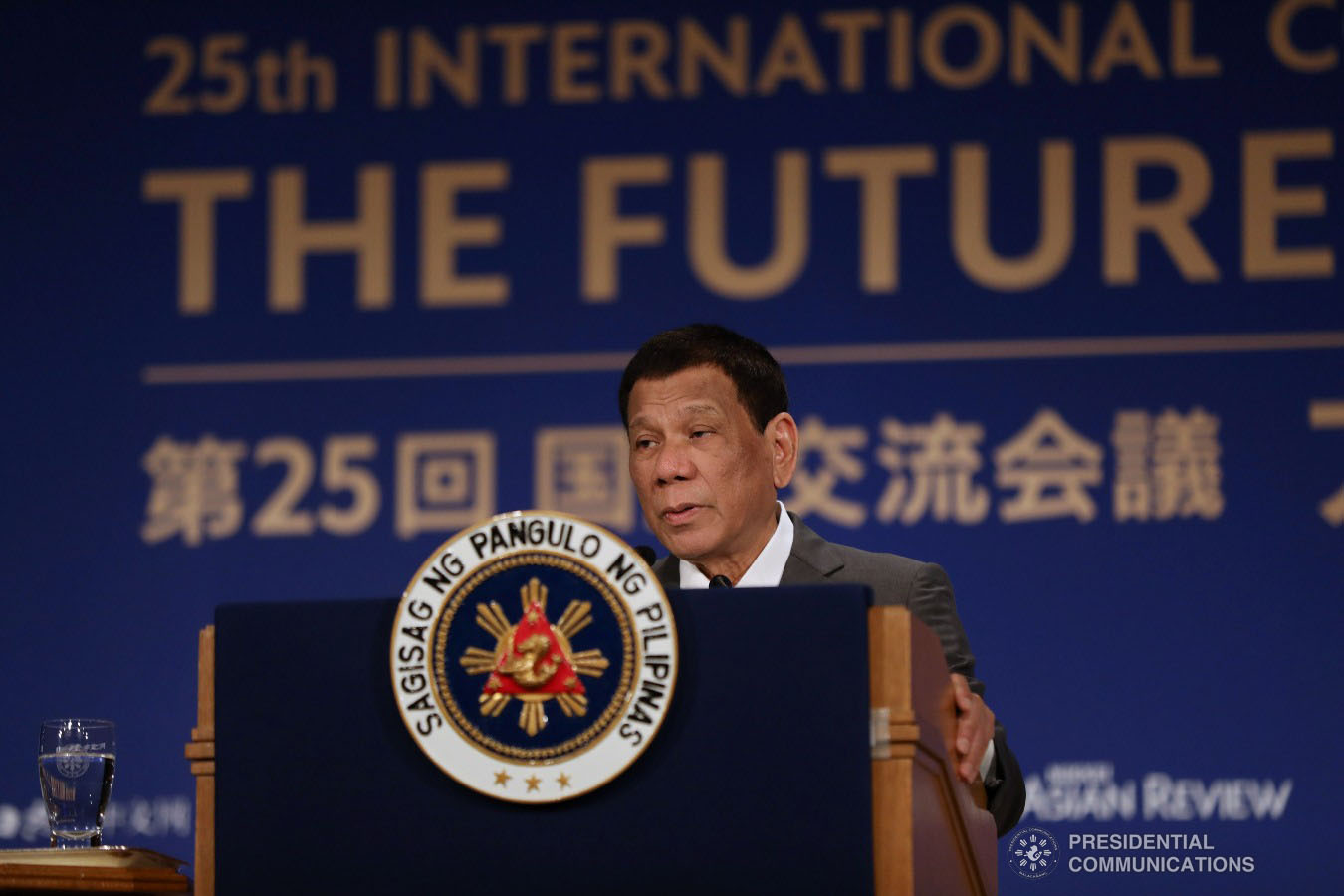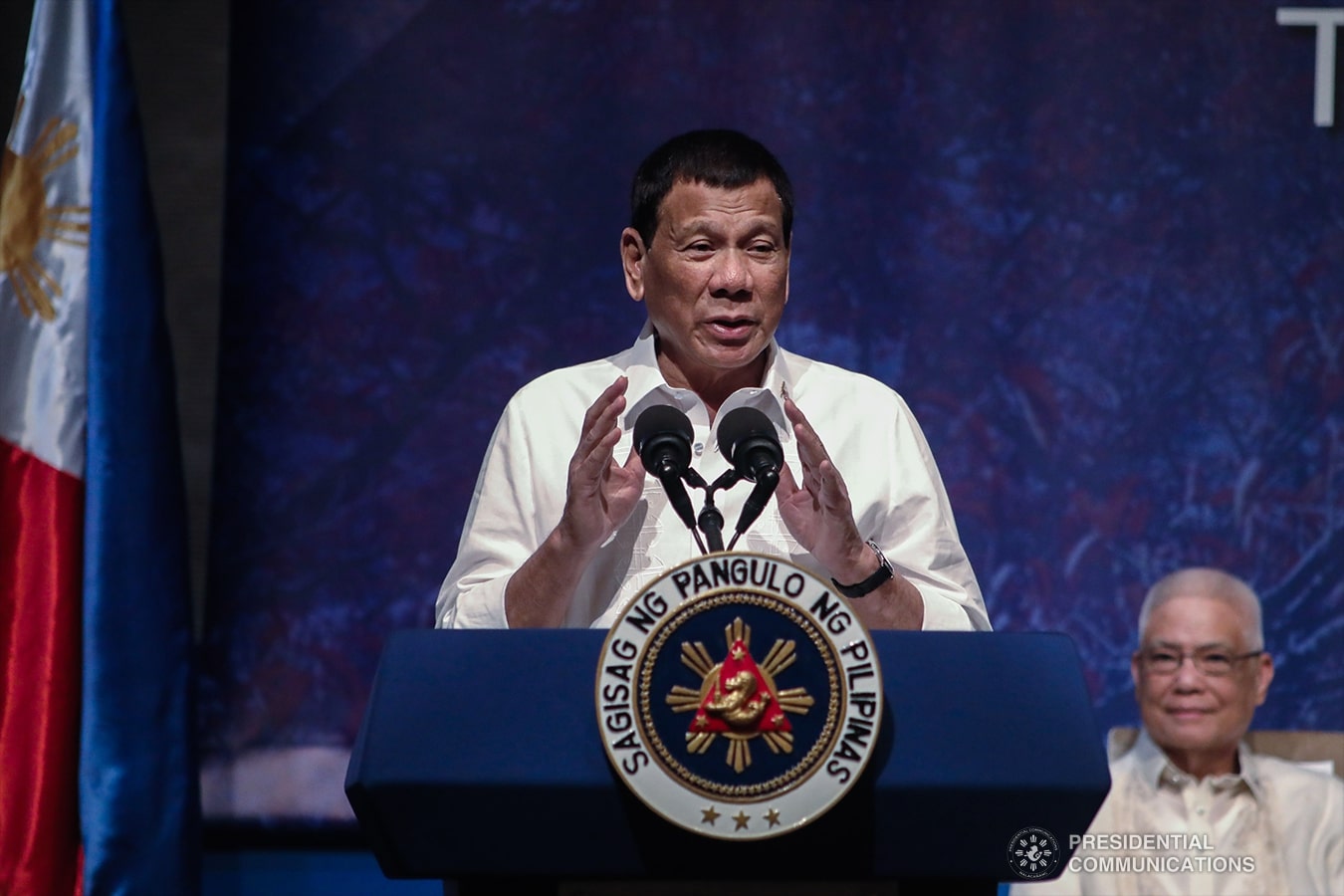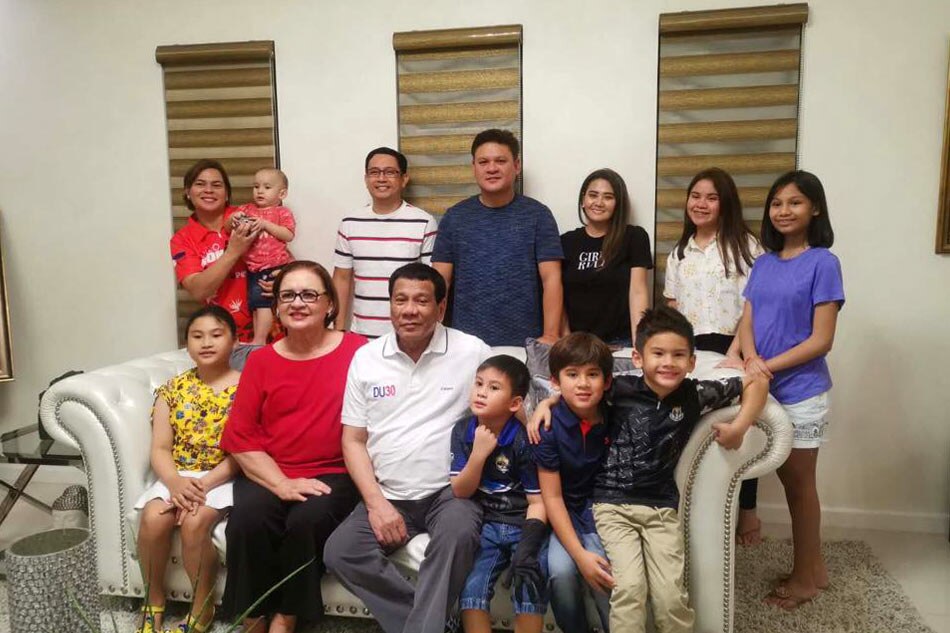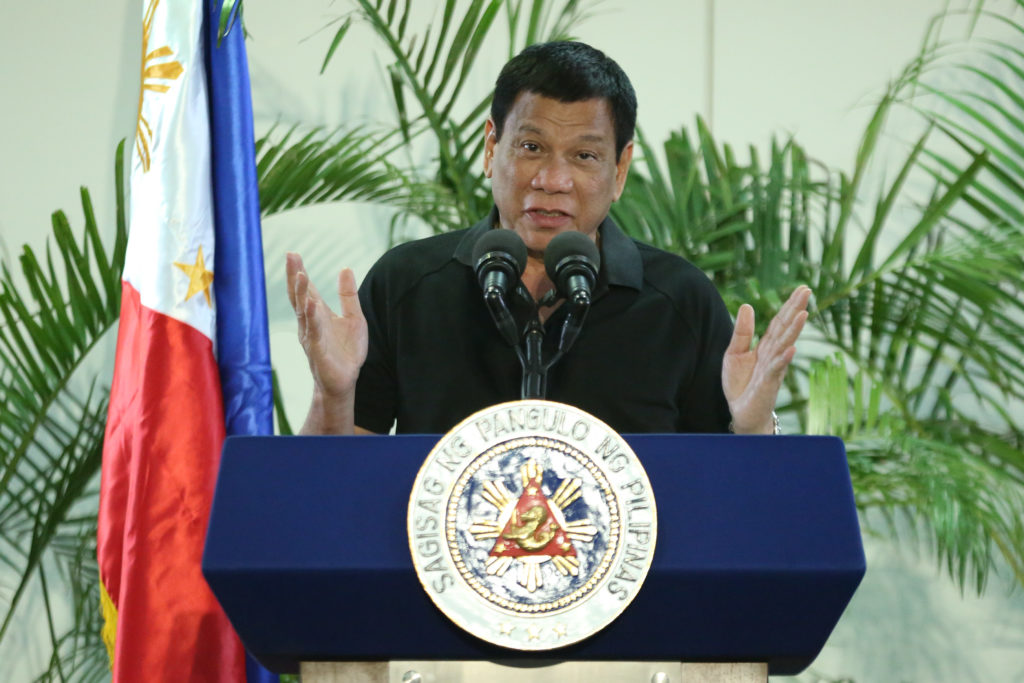
By JAKE SORIANO
It seems Malacañang, three months into the Duterte administration, still has not sharpened its skills in explaining the president every time he says some not-so-nice things.
It also seems its knowledge of history is not that sharp either: The Palace communications team had, consciously or not, used Nazi rhetoric in explaining why President Rodrigo Duterte is no Hitler.
In Davao Friday, Duterte mentioned himself and Hitler in the same breath:
“Hitler massacred three million Jews. Now, there is three million, three million drug addicts, there are. I’d be happy to slaughter them.”
More, the president said:
“At least, if Germany had Hitler, the Philippines would have, what, you know, my victims, I would like to be, all criminals to finish the problem of my country, and save the next generation from perdition.”
To the rescue came Presidential Communications spokesperson Ernesto Abella, who issued a statement saying Duterte’s reference to the Holocaust was “an oblique deflection of the way he has been pictured as a mass murderer, a Hitler, a label he rejects,” Abella noted.
And then, this:
“He (Duterte) likewise draws an oblique conclusion, that while the Holocaust was an attempt to exterminate the future generations of Jews, the so-called ‘extra-judicial killings,’ wrongly attributed to him, will nevertheless result in the salvation of the next generation of Filipinos.
Hitler murdering “innocent civilians” and Duterte’s “willingness to kill” drug criminals are “two entirely different things,” Abella further noted.
Entirely different? In terms of rhetoric, it turns out, not so much.
In fact, clarifying Duterte’s Hitler remarks by emphasizing “the salvation of the next generation” mirrors a Nazi lie that highlights a so-called “battle of destiny.”
Here is a passage from Hannah Arendt’s Eichmann in Jerusalem, a report on the trial of Adolf Eichmann who is considered the chief architect of the Holocaust:
“During the war, the lie that was most effective with the whole of the German people was the slogan calling the war ‘the battle of destiny for the German people’ (‘der Schicksalskampf des deutschen Volkes’). This slogan, which was coined either by Hitler or by Goebbels, made self-deception easier on three counts, for it suggested, first, that the war was no war; second, that it was started by destiny and not by Germany; and, third, that it was a matter of life and death for the Germans, who must annihilate their enemies or be annihilated.”
It was Nazi lies like such which “shielded” many “against the reality and factuality” of the Holocaust, further wrote Arendt, a renowned political theorist who herself was imprisoned but was able to flee Nazi Europe.
Interestingly, the Goebbels mentioned above is chief Nazi propagandist Joseph Goebbels, who figured a bit in the run up to the 2016 presidential elections.
During the second Presidential Debate, presidential candidate Jejomar Binay accused his rival Mar Roxas of being a “disciple” of Goebbels for supposedly peddling lies which are eventually believed as truths.
Roxas responded by saying he does not know Goebbels, and the fact that Binay knows Goebbels meant it was the then vice president who reads and takes the Nazi propagandist’s lead.
Roxas and Binay were both beaten by Duterte in the polls.
